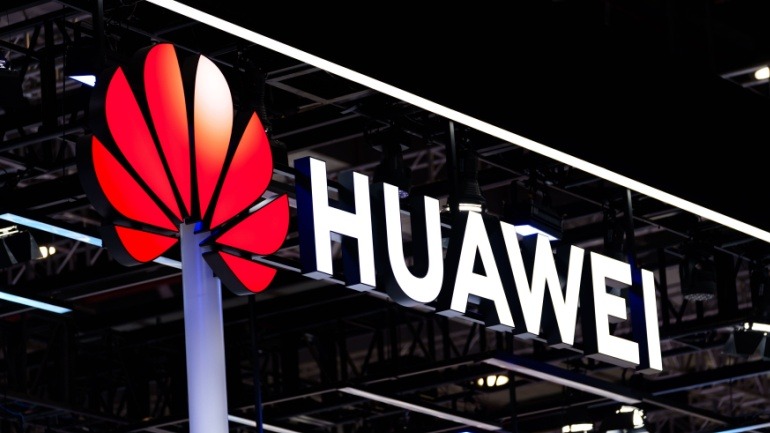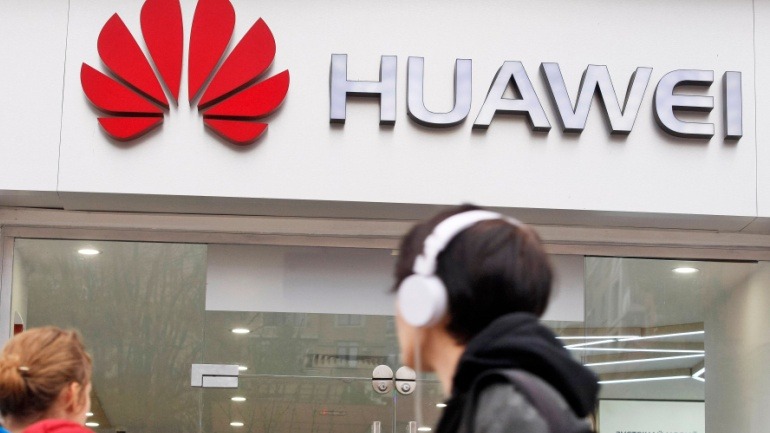The US government has taken a significant step by revoking specific licenses that allow American chip manufacturers to export goods to Huawei, the Chinese tech giant. This action will notably reduce the sales of major chip producers like Intel and Qualcomm to China.
An official statement from the US government confirmed the move, though not detailing specific licenses affected. The decision follows Huawei’s recent launch of the Matebook X Pro, featuring Intel’s new Core Ultra 9 processor, which drew heightened attention from US authorities.
According to Meghan Harris of Beacon Global Strategies speaking to the Washington Post, this move is perceived as a response to Huawei’s use of Intel processors in their products, signaling a strategic tightening of export controls.
This action aligns with the US government’s longstanding efforts to restrict China’s access to critical American technologies, citing national security concerns and a desire to maintain technological superiority.
Republican Congresswoman Elise Stefanik praised the decision, stating it will bolster national security and protect American innovation. In response, the Chinese government criticized the restrictions as economic coercion, pledging to safeguard the interests of Chinese firms.
The US government has been actively promoting domestic chip manufacturing to reduce reliance on overseas production, aiming to enhance national security. This effort includes the Biden administration’s CHIPS and Science Act, which allocates significant funds to bolster US-based chip manufacturing.
Despite the majority of chip design occurring in the US, most chips are manufactured in Taiwan, highlighting vulnerabilities in the global chip supply chain. To address this, the US government recently announced plans to subsidize Taiwan Semiconductor Manufacturing Co (TSMC) for a semiconductor plant in Phoenix, Arizona, as part of efforts to bring chip production back to American soil.







